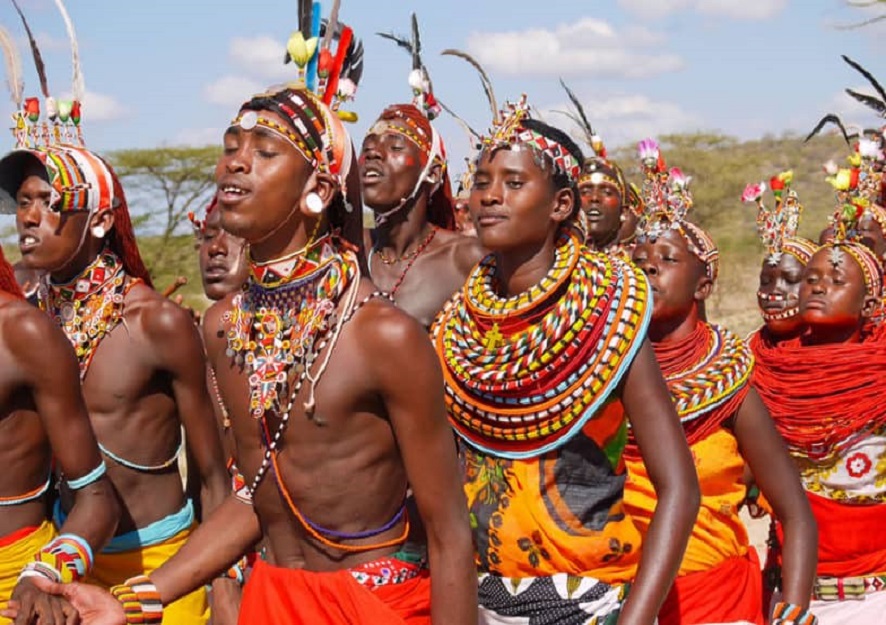Swahili is widely spoken across the African continent, but primarily in East Africa. The origin of Swahili is rooted in Arabic and dates several years back. It became known as the Swahili we know now after Arab and Persian traders landed on the East African coast between 500 to 1000 AD.
In Arabic, the word Swahili means “the coast” or “coastal people”. The meaning then transcended to be a part of the East African coastal culture and in Swahili, the right way to describe the language is Kiswahili, the people who speak it as their native language refer to themselves as Waswahilis.
The Swahili language is of Bantu origin and has borrowed words from other dialects like Arabic, English, German, Portuguese. It is easy to learn Swahili because words are pronounced as seen.
Although Kiswahili was initially associated with the slave trade since buyers from Arabian Peninsula and Persian Gulf used it to facilitate their trade in the hinterland of East Africa, it is now considered the lingua franca of the East African region.
Kiswahili, which is the first language of the Swahili people, has already been adopted in schools within the East African Community with the hope of encouraging educational inventions and to impart confidence in students.
It has also been the official language of the African Union (AU) since 2004. Currently, Swahili is the national language in Tanzania, Kenya and Madagascar. It is also common in other African countries like Rwanda, Democratic Republic of Congo, Uganda, Burundi, Ethiopia and South Sudan.
Here are some phrases to ease you into the beautiful language.
Hello: jambo/ hujambo/ salama
How are you? habari gani
Fine (response): nzuri
Goodbye: kwa heri/ kwa herini (more than one peson)
See you later: tutaonana
Nice to meet you: nafurahi kukuona
Goodnight: lala salama
You’re welcome: starehe
Can you help me? tafadhali, naomba msaada
What is your name? jina lako nani?
My name is: jina langu ni
Where are you from? unatoka wapi?
Do you speak English? unasema kiingereza?
Do you speak Swahili? unasema Kiswahili?
Just a little bit: kidogo tu
Food: chakula
Hot/cold: ya moto/baridi
Water: maji
Hot water: maji ya moto
Drinking water: maji ya kunywa
Jabali (jah-bah-lee) – ‘strong as a rock’
Furaha (fuh-ra-haa) – ‘happiness’ or ‘rejoice’
Mahaba (mah-ha-bah) – ‘love’
Upepo (uu-pe-poh) – ‘breeze’
Dua (duu-ah) – ‘prayer’
Kumbatia (kuu-mba-tee-a) – ’embrace’
Tembea (teh-mbe-a) – ‘travel’
Amani (aa-mah-nee) – ‘peace and tranquillity’
Pwani (pwah-nee) – ‘beach’
Shanga (shah-nga) – ‘a string of beautiful beads’
Jameela (jah-mee-laa) – ‘beautiful’
Food: chakula
Hot/cold: ya moto/baridi
Hot water: maji ya moto
Drinking water: maji ya kunywa
Food: chakula
Hot/cold: ya moto/baridi
Water: maji
Hot water: maji ya moto
Drinking water: maji ya kunywa
Never mind: asante sana
No worries: hakuna-matata










